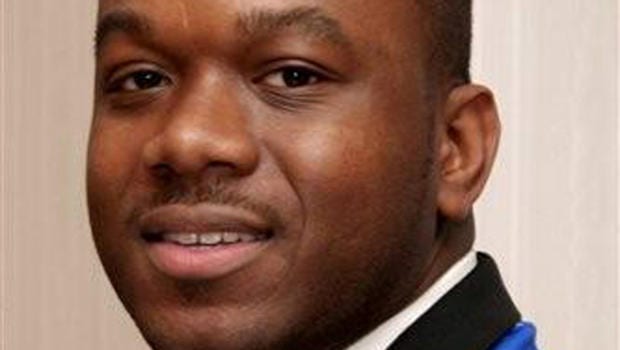
Murdered Mississipi mayoral candidate Marco McMillan Credit: blackyouthproject.com
The American Bar Association (ABA) has unanimously approved a resolution calling on state legislatures to ban “gay panic” and “trans panic” defences in trials, the National LGBT Bar Association says in a statement.
Such defences are invoked in bids to excuse crimes on the grounds that someone’s sexual orientation or gender identity is to blame for a defendant’s violent reaction.
D’Arcy Kemnitz, executive director of the LGBT Bar Association, says the ABA’s adoption of the measure sends the message that legal professionals find “no validity in the sham defenses mounted by those who seek to perpetuate discrimination and stereotypes as an excuse for violence.”
Kemnitz called on state legislatures to move expeditiously to enact the ABA’s recommendation.
“Judges, lawmakers and juries must demand that these practices come to an end and juries must be provided with instructions advising juries to make their decisions free of improper bias and prejudice,” Kemnitz says. “Today’s ABA resolution is an important first step towards realizing that goal.”
The LGBT Bar Association’s statement notes that the “gay panic” defence is expected to be a critical aspect of the arguments made by the lawyers for Lawrence Reed, who is accused of murdering gay Mississippi mayoral candidate Marco McMillian. Reed has reportedly said he felt threatened by McMillian, whose beaten and burned body was found downhill from a Mississippi River levee in February.
The trial is scheduled to begin later this year.
The “gay panic” defence was also invoked in the case of Matthew Shepard, who was murdered in 1998, and in the 1995 murder of Scott Amedure, killed after coming out as gay on a daytime TV talk show, while a “trans panic” argument was used in the trial of Michael Magidson and Jose Merél for the murder of Gwen Araujo, the release notes.


 Why you can trust Xtra
Why you can trust Xtra


